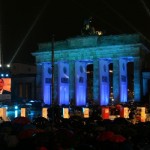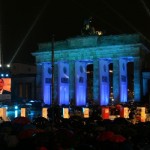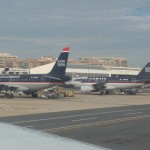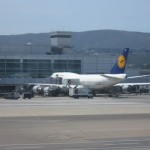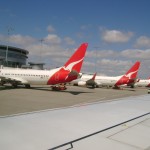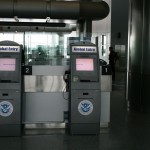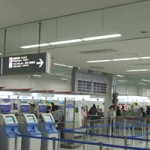EU diplo corps gets messy before launch
If anyone had any doubts that putting together the European Union’s new diplomatic service would be an utterly messy task, that is now an undisputed fact. A high-profile ambassadorial list released this week provoked publicly aired quarrels rather uncharacteristic of diplomats, and it raised questions about the future effectiveness of the EU corps.
The long-anticipated list, unveiled by EU foreign policy chief Catherine Ashton in Brussels, was apparently based not on merit, but on what Polish Foreign Minister Radoslaw Sikorski called “esoteric considerations.” What are those? A quick look at the list shows that the most important ambassadorships are going to diplomats from the oldest EU members in the West — China was given to the Germans, Japan to the Austrians and South Africa to the Dutch.




